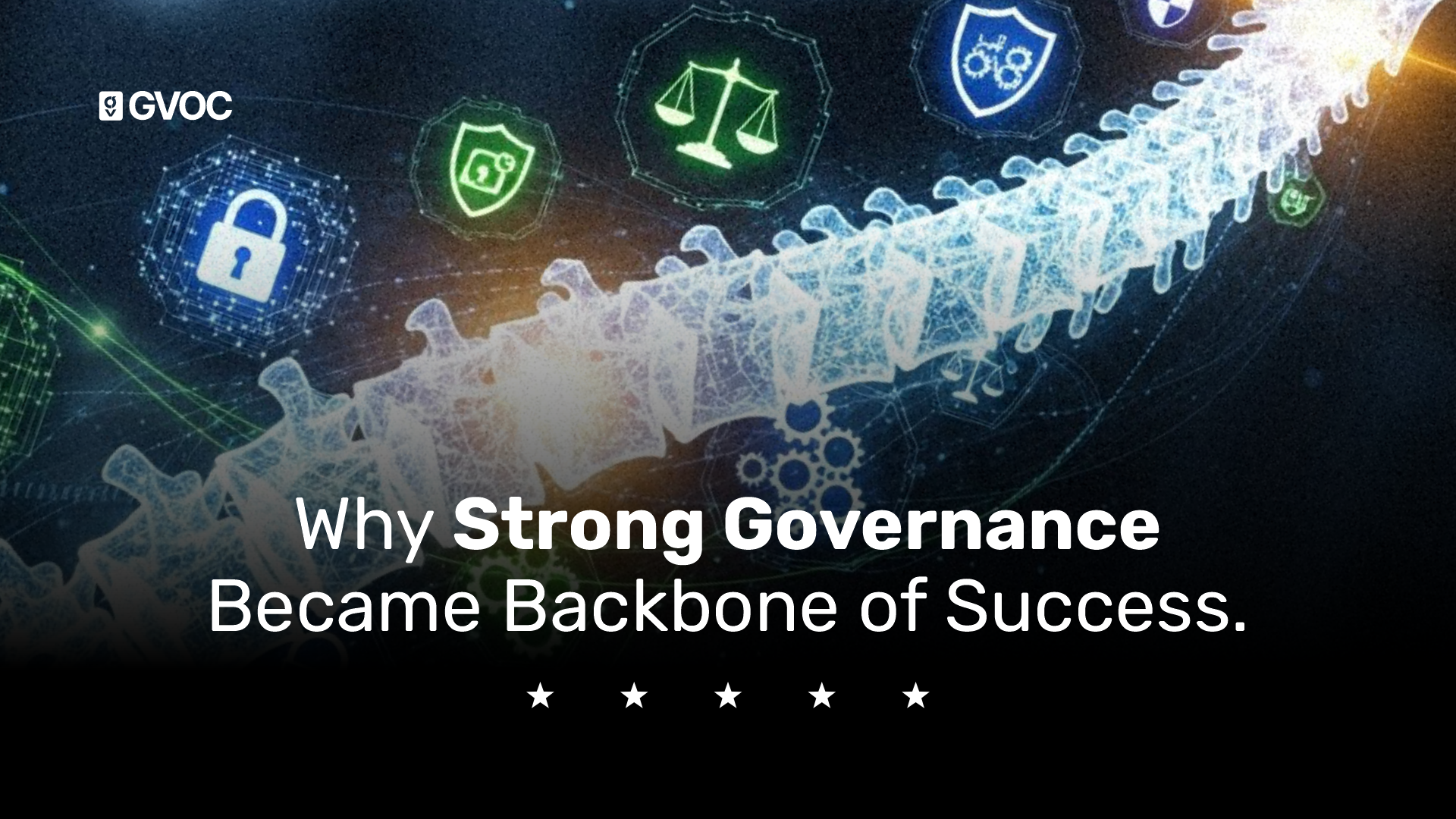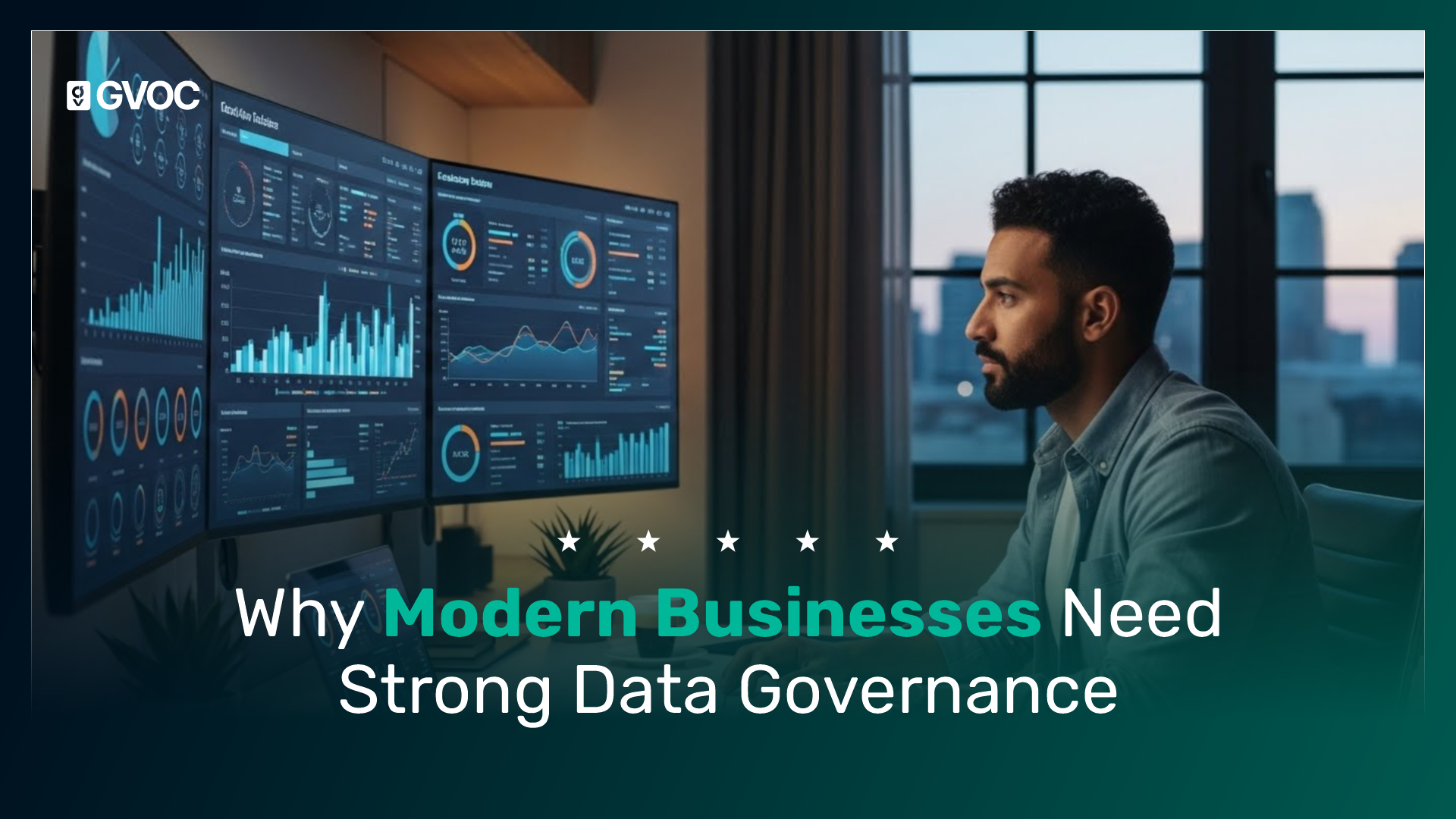Content
Explore the Latest Trends
In today's fast-paced, data-driven business landscape, organizations across various industries are increasingly relying on cutting-edge technologies such as (AI), (BI), and Consumer Intelligence to streamline their operations, enhance decision-making, and drive sustainable growth, these technologies offer valuable insights, automate processes, and help businesses stay ahead of the competition.
Despite their tremendous potential, many businesses face challenges when it comes to accurately measuring the return on investment (ROI) from AI, BI, and Consumer Intelligence systems and complexity of these technologies, coupled with the significant financial investments required for implementation and ongoing maintenance, makes it essential for organizations to adopt robust methods and frameworks for assessing the ROI.
Without a clear and effective way to measure success, businesses risk overspending or failing to fully realize the value these technologies can bring, having effective ROI measurement strategies in place is crucial not only to gauge the performance of AI, BI, and Consumer Intelligence systems but also to inform decision-making, optimize resource allocation, and guide future investments, the companies are able to maximize their technological investments while maintaining a competitive edge in an ever-evolving marketplace
To effectively measure the return on investment from AI, BI, and Consumer Intelligence technologies, businesses must first establish clear and measurable objectives that may include enhancing customer engagement, improving operational efficiency, increasing revenue, or refining decision-making processes. Aligning the implementation of these technologies with strategic business goals provides a framework for evaluating success, and financial metrics are critical in tracking ROI, with direct indicators such as revenue growth or cost reduction, as well as indirect metrics like customer satisfaction, retention rates, and employee productivity.
Key Performance Indicators (KPIs) should be tied to the overall business strategy to measure progress. A comparative analysis of performance before and after the deployment of AI, BI, or CI tools can offer insights into their effectiveness, such as changes in sales data, customer behavior, or operational costs.
A thorough cost-benefit analysis is also essential to understand the total investment required, including expenses for software, hardware, training, and maintenance, and to determine if the anticipated benefits outweigh these costs, For Consumer Intelligence, ROI can be measured through metrics like customer loyalty, lifetime value, and engagement, which reflect how well the technology addresses consumer needs
Latest Trends in Measuring ROI of AI, BI, and Consumer Intelligence
AI-Powered ROI Analytics
With the advancement of AI, businesses can now utilize AI-powered ROI analytics tools that automatically track and report on the performance of AI systems, these tools provide detailed insights into the effectiveness of AI models in real-time, optimizing decision-making, and allowing businesses to adjust strategies accordingly.
Integrated Digital Communications and Mixed Modeling
One of the latest trends in assessing the ROI of AI and BI investments is the use of integrated digital communications and digital mixed modeling, and by combining traditional marketing metrics with AI-driven insights, businesses can create more accurate and actionable performance models.
Growth Intelligence
Growth intelligence tools combine data from various business areas and provide actionable insights to guide future investments which help businesses assess not just the ROI from current AI or BI investments but also forecast how future investments will impact long-term growth objectives.
Social Listening for Consumer Intelligence
Social listening tools are becoming increasingly important for measuring the ROI of Consumer Intelligence investments, allowing businesses to assess how their AI and Consumer Intelligence strategies are resonating with consumers, and whether these strategies are contributing to increased customer engagement, sales, or loyalty.
Attribution Models and Predictive Analytics
Modern attribution models, which use AI to track the consumer journey across various touchpoints, are becoming crucial for measuring ROI in digital marketing campaigns. Predictive analytics can forecast the likely outcomes of different business strategies, allowing businesses to measure the effectiveness of AI and BI tools in driving specific results.

Critical Insights for Effective ROI Assessment
Businesses need to take a long-term view when investing in AI, BI, and Consumer Intelligence; the returns on such investments may take time to realize. Indeed, while the immediate ROI may not be seen, over time, the compounded benefits surface as the systems attain maturity. In addition, the process of measuring return on investment is a continuous process rather than a one-off one.
Continuous iteration of testing, data analysis, and refinement ensure these AI and BI models mature to meet changing business needs and market conditions, and the effective integration of AI, BI, and Consumer Intelligence into an organization requires cross-functional collaboration between the marketing, finance, IT, and customer service departments, it enables the business to gauge ROI from several dimensions and gives a complete view about the impact of these technologies.
In addition, both AI and BI solutions should be custom-fit for any particular business in order to match the needs and dimensions of that business, while calculating the return of the investment, one should also pay attention to the scaling and flexibility of such solutions as they adapt to changing demands to ensure achievement of growth goals within an assigned budget.
Implementing Knowledge for ROI Measurement and Assessment
GVOC is a well-recognized industry leader in data-driven marketing and AI analytics with a focus on empowering businesses through robust measurement and assessment strategies that help organizations track KPIs and strategic insights with accuracy.
Offering a complete suite of AI-powered solutions, GVOC delivers to brands the competencies needed to track and optimize performance across a myriad of key digital marketing channels, including SEO, PPC, social media, and CRO, it enables organizations to drive and amplify the return on investment through informed, data-driven decisions.
GVOC is continuous in innovation-to-develop solutions that keep pace with digital marketing trends and technology changes, and it realizes every business is looking for its set of growth objectives; hence, it positions the services to match their goals and brings maximum impact while driving measurable success.
By embedding advanced analytics, GVOC helps organizations bring into sharp focus clear, actionable insights from AI and BI investments that underpin deep insight into customer behaviors, market trends, and operational efficiencies.
In turn, this deep integration of data helps improve customer engagement where a business is targeting and reaching its audience in a better way, yielding higher customer satisfaction, loyalty, and overall engagement.
Additionally, the data-driven approach of GVOC fosters optimization of the business strategy, leading to higher ROI across marketing channels and higher performance of the business.
Author
Ibtissam Belkoutbi
Research Writer/Business Journalist
Author
Case Studies & Strategies
Dive into our newsletter for a wealth of knowledge in digital marketing













.svg)


.png)


.svg)

.svg)





